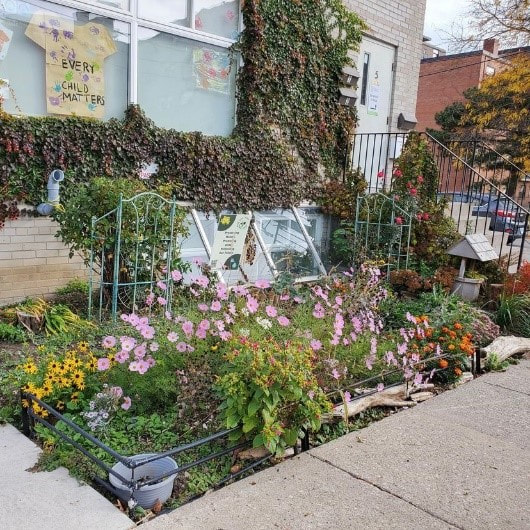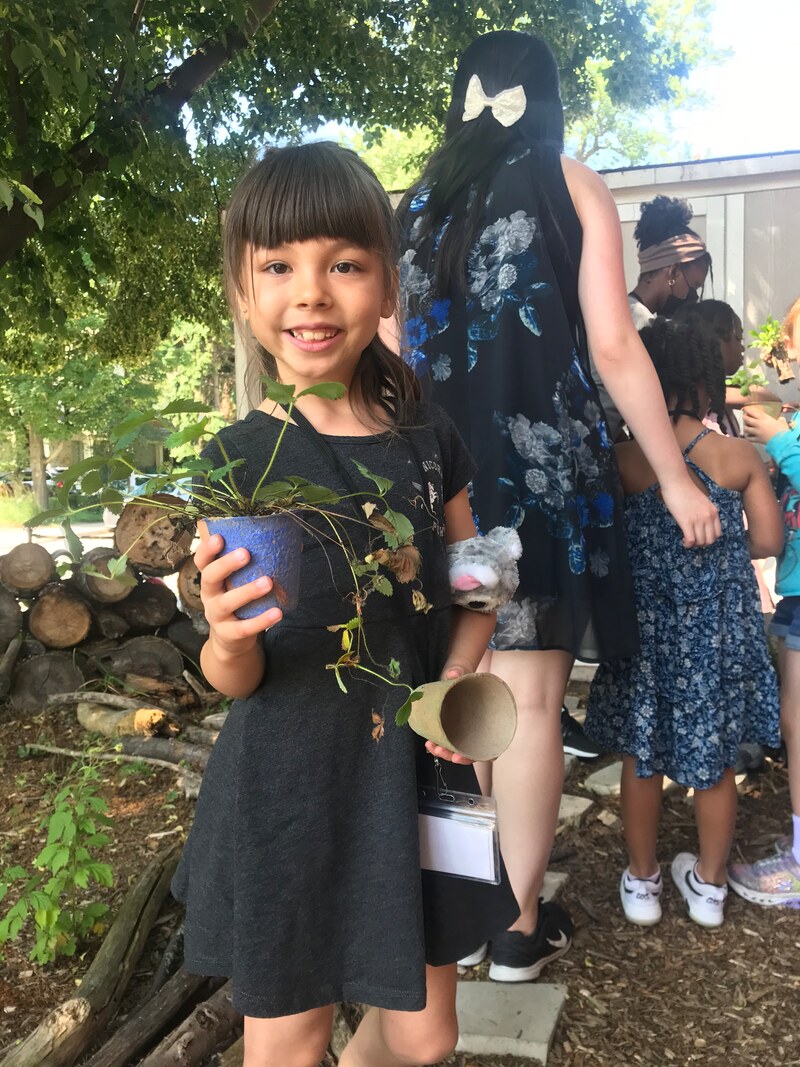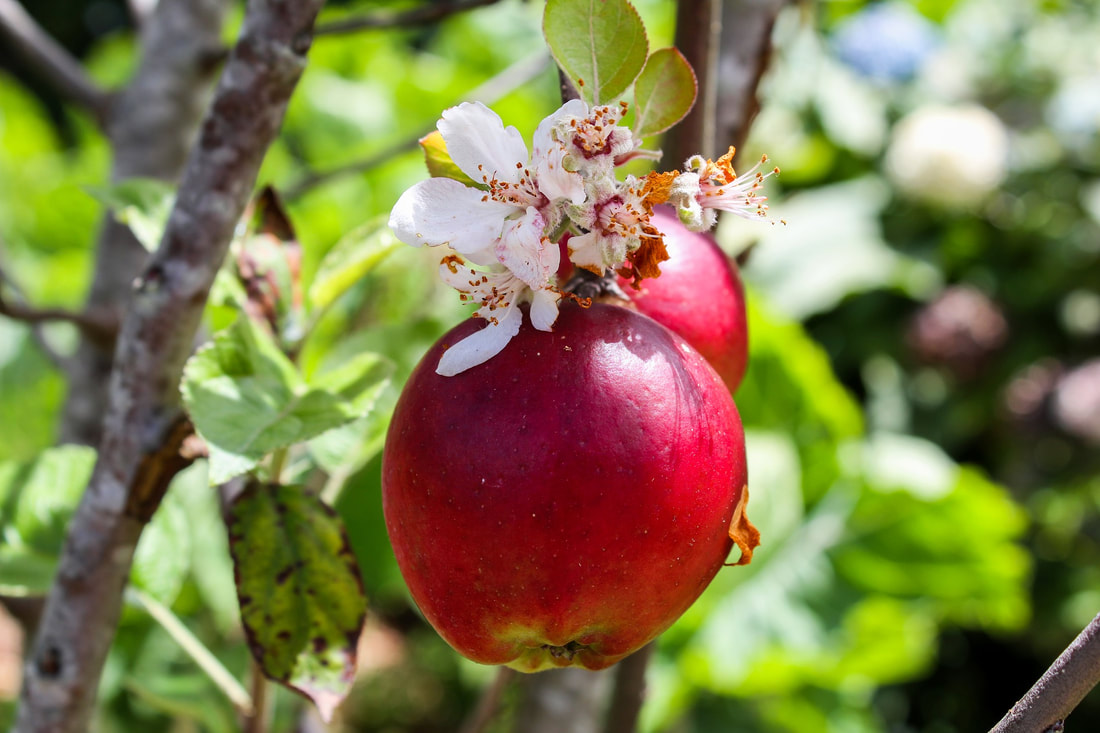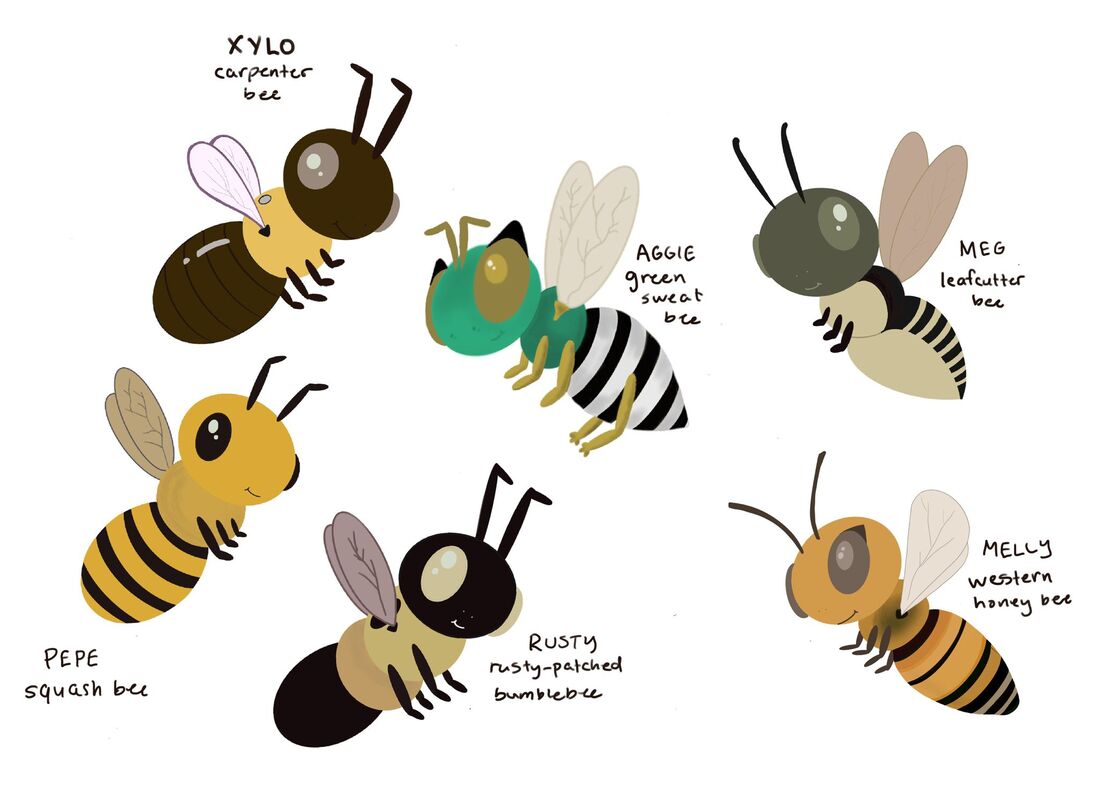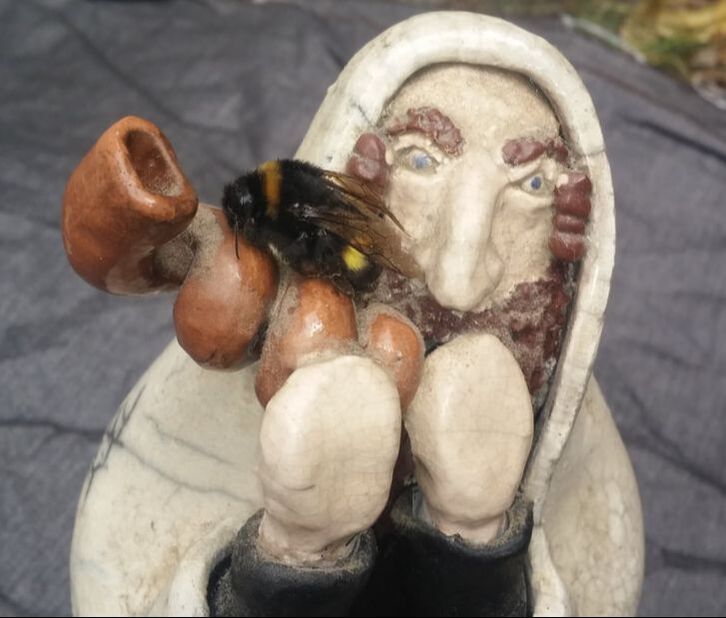We all share life on this earth, we all feed from its flowers and fruits and we all depend on the creatures that make this abundance possible. This is the common ground we all share. Join us and help us preserve it!
Bees for Peace has two related aims:
How do we carry out these aims?
Bees for Peace has two related aims:
- protect the bees and other creatures that pollinate our flowers and bring nourishment to our bodies;
- promote peace by connecting communities of faith and no-faith with each other as well as with schools, bee protection organizations and gardening experts.
How do we carry out these aims?

